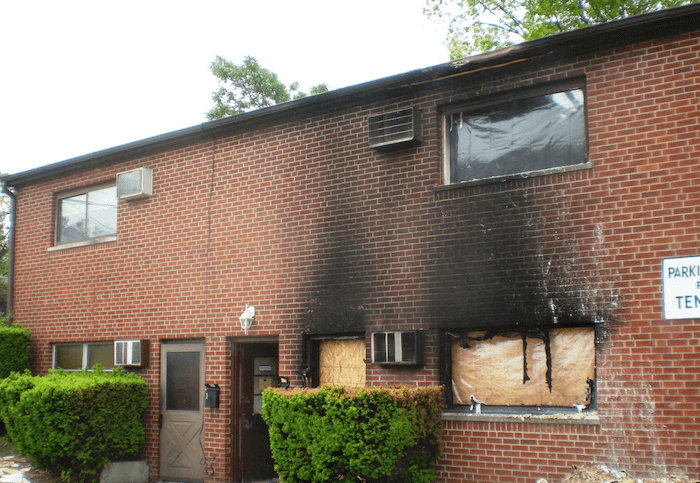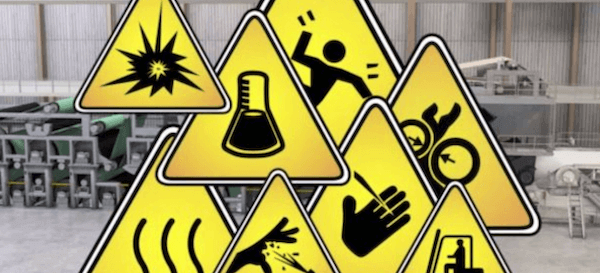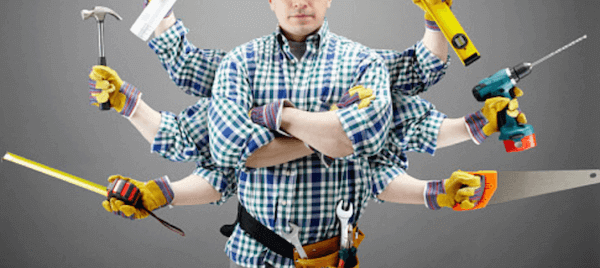
What Should You Do After a Residential Fire?
Fires don’t just burn things, they can also create all kinds of health hazards. So if your home was recently damaged by a fire, and you don’t know how to start repairs, the following information will show you what you need to do.
What Should You Do After a Fire?
The first thing that you should do after a fire is to look for a place to stay while you figure out what to do next. You should also contact your relatives about your situation, and let them know that you’re safe.
Once that’s done, you should contact your insurance company and talk to them about the fire, and if they have any advice or recommendations that will help you process your claim.
However, if your insurance company gives you trouble or if they give you a low settlement, contact a public insurance adjuster to help you process your claim. You should also take your time and try to formulate a plan that will help you get through the insurance claims process.
While you’re processing your claim, you should also contact a local home restoration company. The closer they are to your home, the better. Fire restoration often requires a lot of equipment and spare materials, and it helps if your chosen restoration company can reach your home in less than an hour.
Once you have found a company that you trust, ask them for a quote. If you like their offer, tell them that they can start working as soon as your insurance company clears your insurance claim.
The fire restoration process usually lasts between a few days to more than a week, depending on the amount of damage your home has sustained.
During this time, the restoration team will not only repair the damages to your home, but they will also make sure that all of the hazards within are removed, including toxic materials, electrical wires, combustible items and more.
Once they are finished, you can move back into your fully repaired and restored home.
What Are the Dangers of A Recently Burned Out Home?

Fires can cause all types of hazards. A few good examples include:
Explosive Hazards – Fires can create all kinds of explosive hazards. They can ignite gas cans, aerosol cans, alcohol bottles, lighter fluid, propane tanks, and various other common items.
Even when the fire has subsided, these items can still explode if they have been damaged or exposed to burning embers. The best way to approach such hazards is to simply avoid them, and wait for the professional home restoration personnel to properly dispose of them.
Poisonous Hazards – Fires can damage all kinds of poisonous containers. Items, such as pesticides, paint thinners, kerosene bottles, formaldehyde, and various similar items can leak out of their containers during fires, or worse, released into the air where they could spread all over your home.
Fires can also melt away plastic items, and turn them into hazardous gases which could linger in your home for a long time.
Unfortunately, identifying such hazards can be difficult after a fire, since their scent will be masked by the smell of smoke. Wearing a disposable dust and filter safety mask can offer some measure of protection, but it’s better to just avoid entering your home until all of the poisonous substances have been cleared out.
Structural Hazards – Fires can damage or burn away ceilings, wooden pillars, scaffolds and various other critical components. So even if your home looks fine after a fire, it still has a higher than average risk of partially or completely collapsing.
Areas which are most vulnerable to structural hazards include wooden staircases, areas supported by wooden columns, rooms that have wooden floors, and places which have sustained the worst damages during the fire.
Certain stone and steel homes are more resistant to fire-related structural hazards but they can still collapse after a particularly intense fire.
Smoke – Smoke is not only bad for your home, but it can also cause serious health hazards. Most types of fires often leave behind smoke particles that could last for several days. These particles will stick to your walls and furniture, and they may also enter your lungs if you breathe the air.
The good news is that most home restoration companies are capable of removing smoke damage from their clients’ homes.
The process may take some time and money, but once they’re finished, practically every smoke particle in your home will be gone, along with whatever debris the smoke may have left behind.
Electrical Hazards – Electrical hazards are almost always present after a fire. These usually include damaged electrical appliances, damaged electrical wires, and broken electrical transformers. These damaged items are not only capable of electrocuting you, but they can also start a new fire if they come into contact with a fuel source.
Most home restoration companies can repair damaged electrical systems and dispose of broken gadgets and devices, but it’s not their area of specialty.
So even after your home has been repaired, you may want to contact a qualified electrician to look at your home’s electrical wires, just to be safe.
How Do Home Restoration Companies Repair and Restore Fire Damaged Homes?

Fire damage restoration is a fairly straight-forward process. First, the home restoration team will inspect the fire damage that your home has sustained.
They will also examine the number of items that need to be disposed of, the areas that need to be repaired as well as the number of hazardous items and substances that need to be removed before repairs can begin.
Once they have the information they need, they will provide you with a quote. If you accept their offer then they will begin working on your property right away, and they will also remove whatever hazards and debris they find inside your property using their own equipment and vehicles.
You can find all kinds of home restoration companies all over Florida. Waterdamagemiami.com is one such company, but Google offers an extensive list of local restoration companies that offer efficient and reliable fire restoration services. So check them out, and be sure to compare their quotes and prices.

